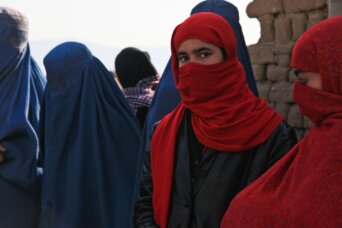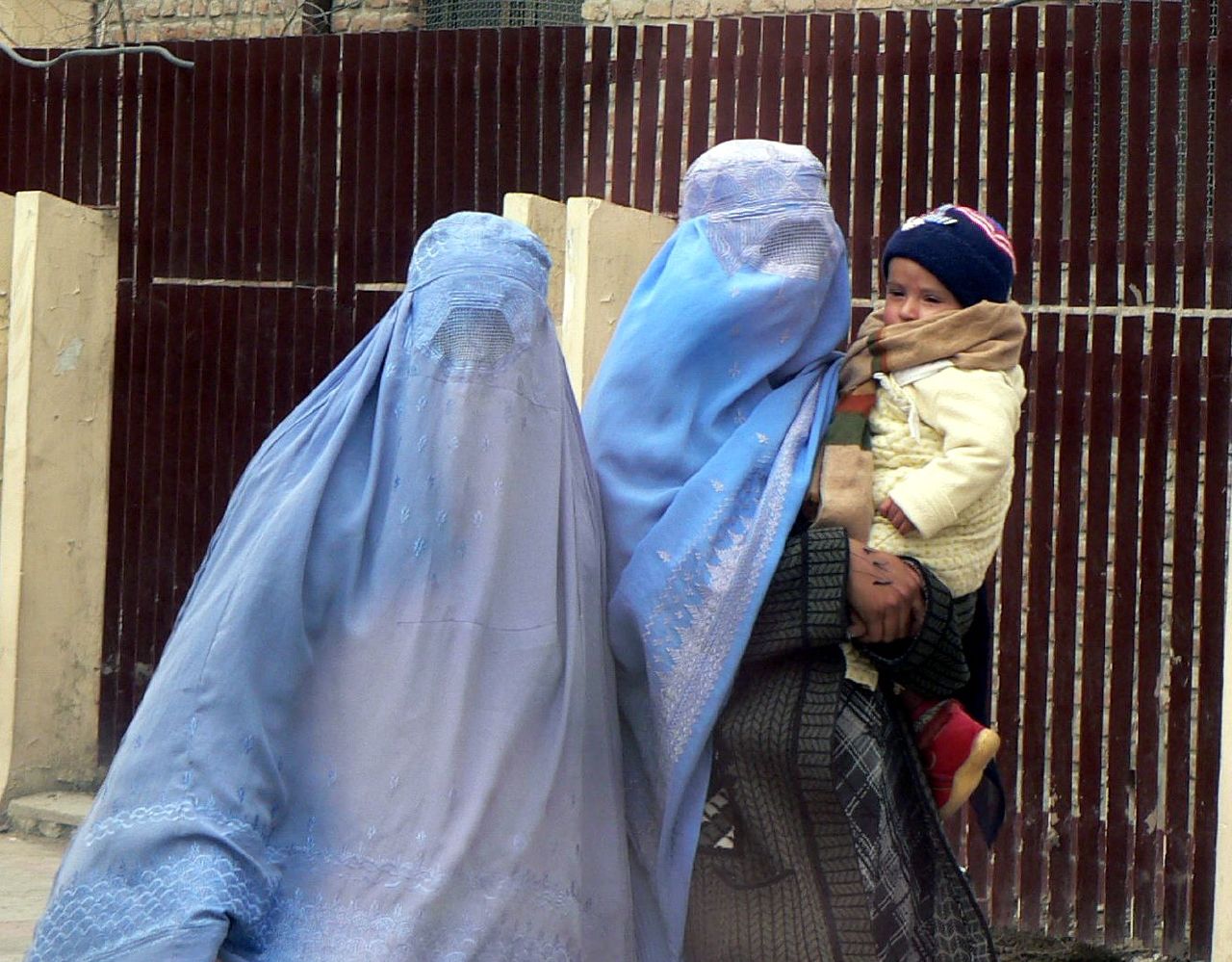- About
- Topics
- Picks
- Audio
- Story
- In-Depth
- Opinion
- News
- Donate
- Signup for our newsletterOur Editors' Best Picks.Send
Read, Debate: Engage.
| topic: | Women's rights |
|---|---|
| located: | Afghanistan |
| editor: | Shadi Khan Saif |
The Taliban’s latest ban on beauty salons for women in Afghanistan is a much deeper and cynical move than it may seem. It is the next level of the brutal gender-apartheid regime peddled by the group since day one in power.
The Taliban’s Ministry for the Propagation of Virtue and Prevention of Vice has ordered a ban on the beauty salons because it believed that the materials used for make-up by women are against Islamic Sharia. Days after the closure of all beauty salons in Afghanistan, Akif Mohajer, the spokesperson of this ministry, said the decision was made due to both economic and Sharia reasons. He has asserted that unnecessary expenses in weddings, which were taken from the groom's house, would now be averted with this ban.
According to conservative estimates, an additional 60,000 women and girls will lose their jobs, in a country already grappling with a severe humanitarian crisis and international isolation. Given the existing dire circumstances, with women and girls being particularly vulnerable, concerns over the closure of beauty salons may seem insignificant. However, denying them the right to pursue beauty, especially for wedding celebrations, could be perceived as an act of cruelty.
The Taliban's policies towards women during their 23 months of rule have been characterised by strict confinement and removal of liberties. They began by abolishing the women's affairs ministry, closing girls' schools, and prohibiting women and girls from holding public sector jobs or working in non-governmental organisations. Women were also prevented from attending universities. These policies have left many Afghan women feeling hopeless and wondering what options are left available to them.
The issue at hand is not whether beauty salons are a priority in a country where millions of people face hunger on a daily basis. Rather, it is about the principles of justice, freedom, and equal rights for all individuals.
To date, the Taliban have not engaged in meaningful public consultation with the diverse population of Afghanistan on issues that affect their daily lives. In order to establish domestic legitimacy, it is essential for the Taliban to recognize the rights of individuals as citizens, rather than treating them as subjugated subjects. This includes providing essential services, ensuring security, and upholding civil liberties. Without a commitment to these values, the Taliban's pursuit of international recognition for their regime in Kabul would be undermined.
The ongoing stalemate and resulting isolation of Afghanistan from the international community is having serious consequences for the country's vulnerable and disadvantaged populations. In order to restore stability and progress in the country, it is crucial for the Taliban to recognise and uphold the equal rights of women and girls as fellow human beings.

